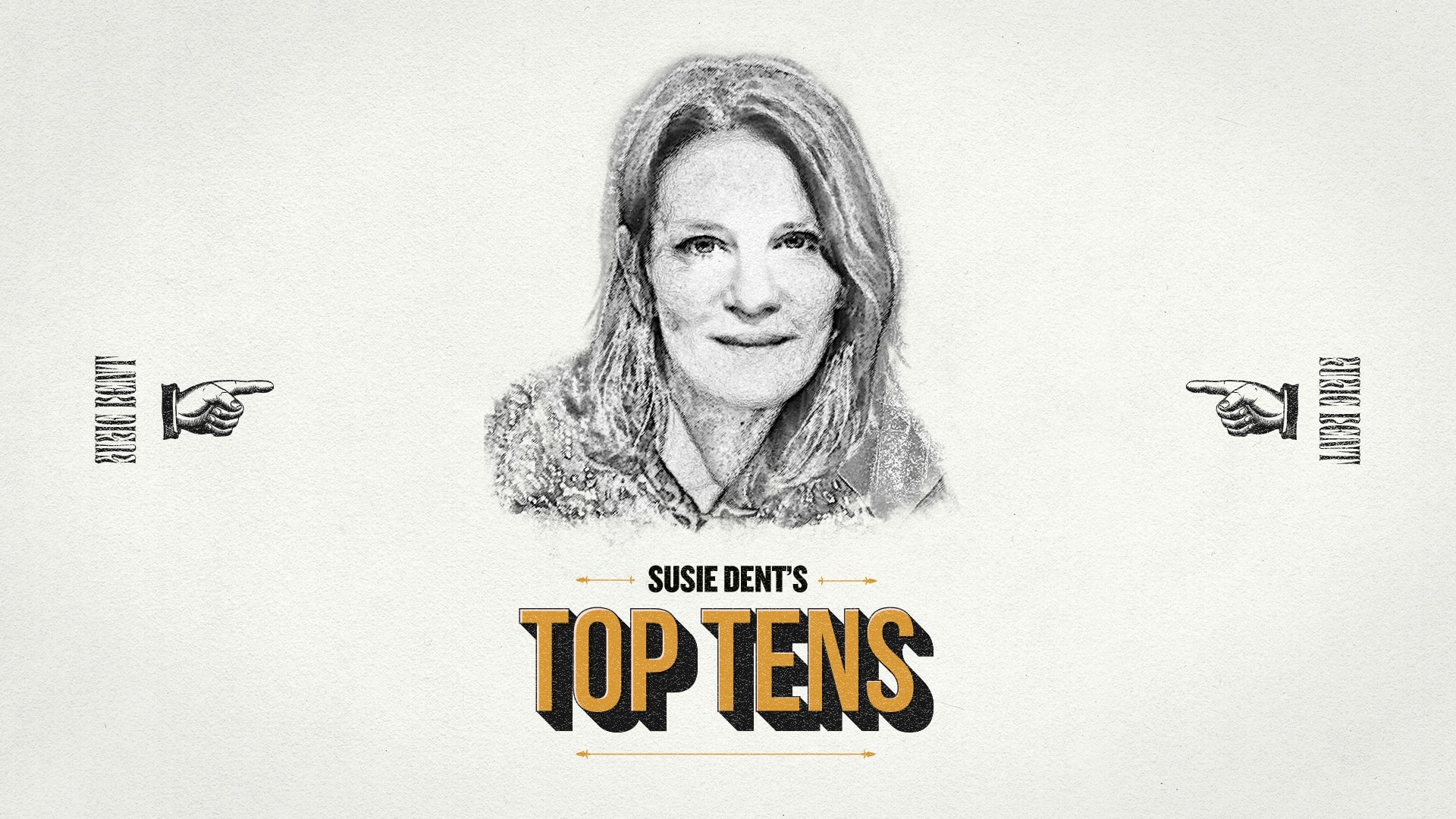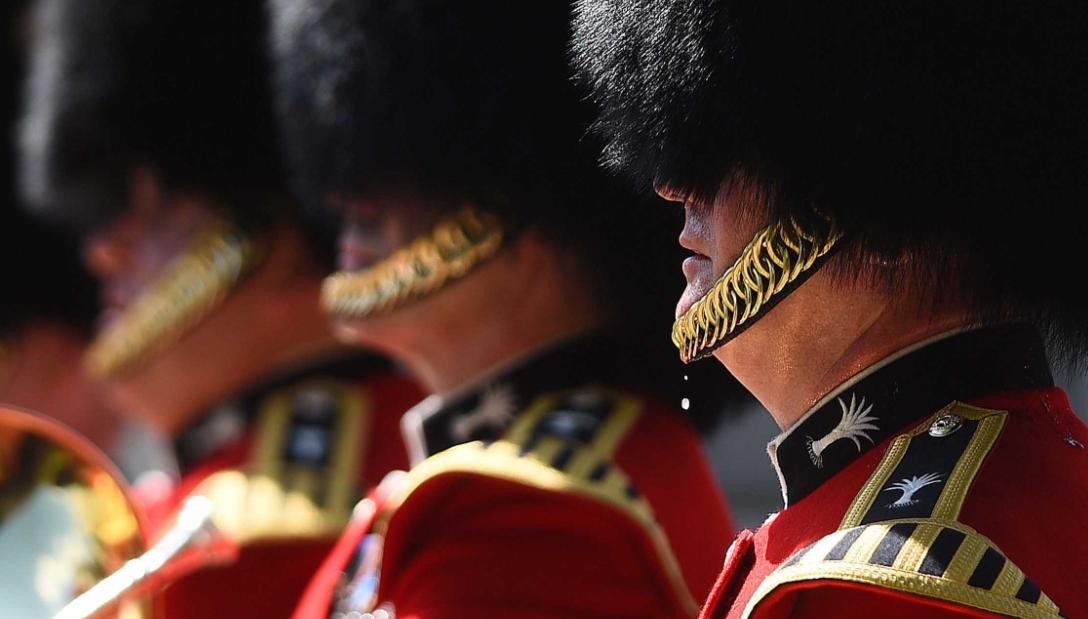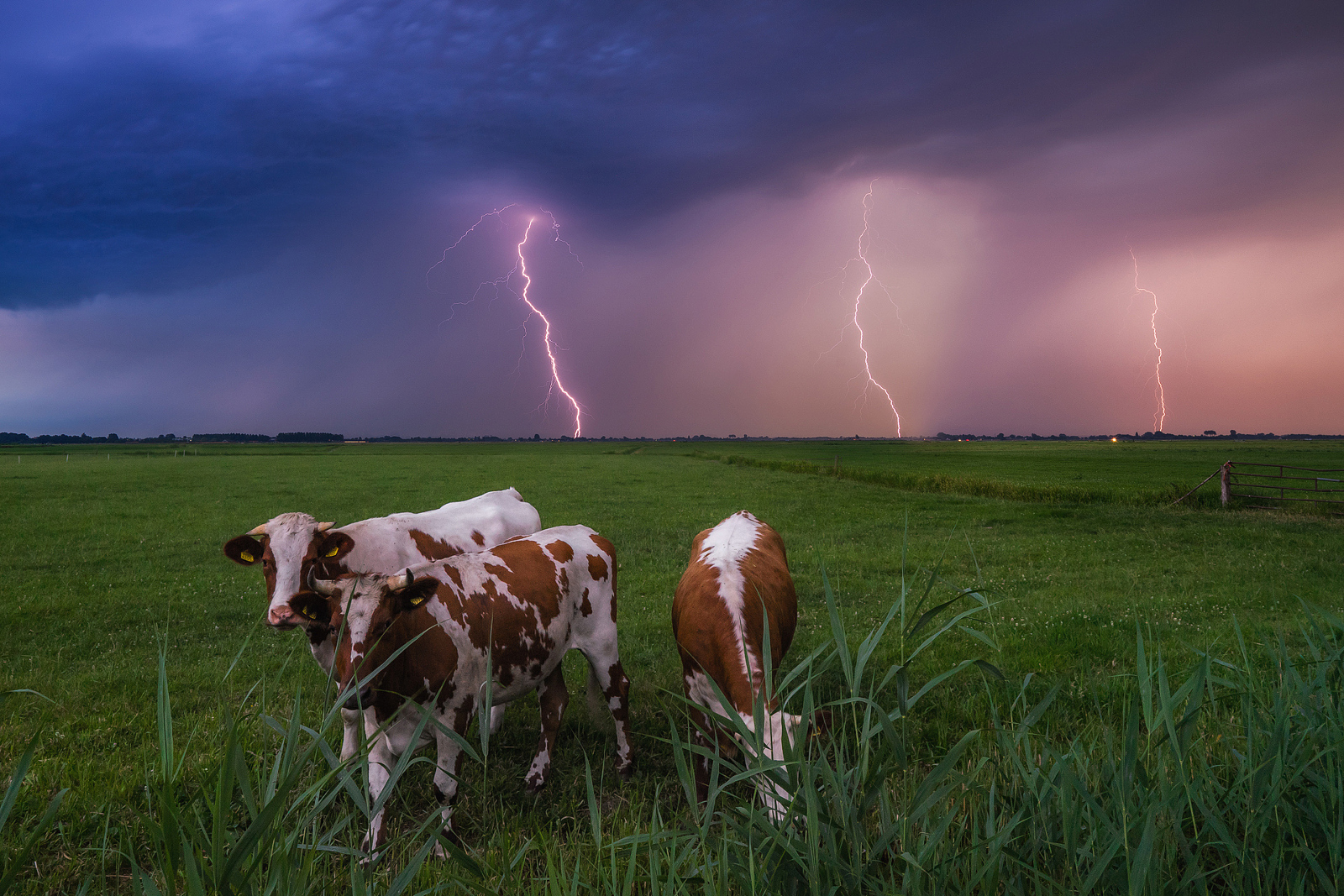
For the lucky ones, it’s been pretty hot this week. We are approaching the time of year when thoughts are turning to dog day afternoons – hot, sultry periods of languorous lounging when our limbs and the trees barely stir. This is the chance to ‘gawm’, (staring idly into space) and bang-a-bonk – a glorious dialect expression for lying lazily on the bank of a river.
We can but hope. British weather is notoriously fickle, and it’s entirely possible we’ll be wearing coats and cagoules all summer. Thankfully, English provides a vast lexicon of terms to cover every base, amongst them some lost beauties from the depths of the dictionary. Here are ten of the best:
flenched
‘Flenched’, from Scots is used to describe weather that promises to improve, but never actually does. Clearly, it also has great potential for other areas of life.
swullocking
Born in southeast England, ‘swullocking’ refers to weather that is so stifling you can scarcely breathe.

thunderplump
This joyous word from English dialect describes the kind of heavy and thundery downpour that soaks you to the skin in seconds. Sadly you can’t yet use it as a verb by claiming to be thoroughly thunderplumped, but surely it’s a just a matter of time.
petrichor
A favourite on social media, ‘petrichor’ is the unmistakable smell of rain falling upon scorched earth after a period of dry weather. Coined by two Australian chemists in the 1960s, it is made up of the Latin petr– , ‘stone’, and ichor, the ethereal liquid once believed to flow through the blood of the ancient gods. In real life, the distinctive scent of petrichor is down to a mixture of plant oils and a compound called ‘geosmin’ released from the soil.
smirr
Smirr is the kind of fine, drifting rain you might experience on the moors or mountain tops. A likely relative of a Dutch term for ‘mist’, it can be so light it looks like haze or smoke.
cowquaker
If the thunderplump is off the scale, then you can consider it a ‘cowquaker’, a term from Wiltshire to describe a storm so powerful it makes every animal tremble.

raining old women and sticks
If it is tipping down, it might interest you to know that the French might say ‘il pleut comme une vache qui pisse’ (‘it’s raining like a pissing cow’). The Germans prefer to say it’s raining ‘cobblers’ sons’, while in Wales, just as strangely, you might hear ‘mae hi’n bwrw hen wragedd a ffyn’, ‘it’s raining old women and sticks’.
monkey’s wedding
A sunshower, in South Africa – the combination of sunshine and rain – is known as a ‘monkey’s wedding’, for reasons no one can quite explain. In Afrikaans it is a ‘jakkalstrou’ or ‘jackals wedding’. In Dorset and Devon, meanwhile, ‘a fox’s wedding’ occurs when raindrops suddenly appear out of a clear blue sky.
feefle
It may seem a long way away, but no weather list is complete without one of the many snowy words from Scots, which can give those from Inuit a good run for their money. ‘Feefling’ is what snow does when it swirls about in the air, often the precursor of a much heavier fall to come.
clarty
A clarty day in the West Country is a very wet one. The results might make you have to ‘plodge through the clart’, whose very sound conveys the joy (or otherwise) of wading through the mud.
Want to hear more from Susie about the infinitely bizarre and fascinating world of language? She’s speaking to the top brass of British comedy and entertainment about just that, and it’s all free to listen to here on whynow.




